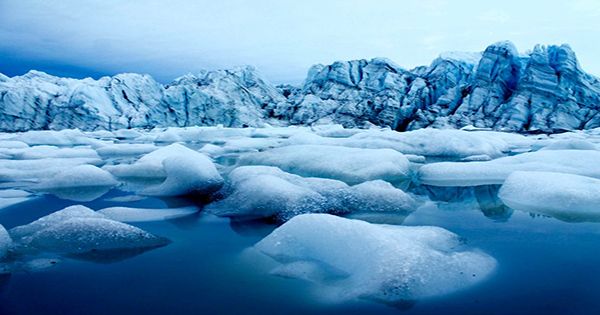Climate change is expected to have a devastating impact on livestock health and welfare. Several studies suggest that the anticipated rise in air temperatures may reduce the risk of death and improve the health and welfare of humans and livestock living in areas with harsh winters. Climate change’s negative effects on animal health and welfare will be the result of changes in air temperature, precipitation, frequency, and magnitude of extreme weather events, and will be both direct and indirect.
Increased temperatures, as well as the frequency and intensity of heatwaves, may be the primary direct effects of climate change. Heat stress can harm livestock health by causing metabolic disruptions, oxidative stress, and immune suppression, which can lead to infections and death. Climate change’s indirect effects are primarily those related to the quantity and quality of feedstuffs and drinking water, as well as the survival and distribution of pathogens and/or their vectors.
According to a study involving over a hundred animal species, human-caused environmental change has the greatest impact on the animals’ activity in exploring their environment. Humans are reshaping the environment at an increasing rate. Indeed, one of the most important current research topics is animals’ ability to adapt to human-induced environmental change and how that change affects the expression of animal traits.
The most noticeable difference was observed in the animals’ activity in exploring their surroundings. Animals react strongly to all types of environmental change, but climate change has caused the most significant shift in animal behavior.
Niemelä
Researchers from the University of Helsinki and Lancaster University studied which behavioral traits are the most sensitive to human-induced environmental change, and which human-induced environmental changes animals respond to the most sensitively, using data collected on a little more than one hundred animal species. Fish, birds, crustaceans, and mammals were among the groups of organisms studied, ranging in size from the largest to the smallest. Insects, amphibians, and lizards were also included.
All of the behavioral traits studied, aggression, activity, boldness, sociability, and exploration of their environment, changed dramatically as a result of human-caused environmental change.

“The most noticeable difference was observed in the animals’ activity in exploring their surroundings. Animals react strongly to all types of environmental change, but climate change has caused the most significant shift in animal behavior “says Petri Niemelä, a postdoctoral researcher at the University of Helsinki’s Faculty of Biological and Environmental Sciences.
Sea levels are rising, and the oceans are warming. Droughts that last longer and are more intense endanger crops, wildlife, and freshwater supplies. Climate change is threatening the diversity of life on our planet, from polar bears in the Arctic to marine turtles off the coast of Africa.
Other forms of human-induced environmental change included in the modeling, in addition to climate change, were changes in carbon dioxide concentration and nutrient levels, alien species, and other biotic changes caused by humans, as well as direct human impact through, for example, urbanization or other human disturbances.
Changes in activity or other animal behavior are frequently the first signs of climate change in animals. Ocean warming causes deoxygenation, or a decrease in the amount of oxygen dissolved in the ocean, as well as sea-level rise due to thermal expansion of seawater and melting of continental ice. Rising temperatures, combined with ocean acidification (the decrease in pH of the ocean caused by CO2 uptake), have an impact on marine species and ecosystems, as well as the fundamental benefits humans derive from the ocean.
“Animals can avoid the immediate negative effects of environmental change by changing their behavior. Such change, for example, can compensate for decreased reproductive success or increased mortality caused by environmental change. Animals can learn more about their changing environment by changing their behavior.”
The researchers from the University of Helsinki and Lancaster University based their study on a survey of over a thousand scholarly, peer-reviewed publications, from which the data for the analysis on a little more than a hundred animal species were gathered. The study was published in the international OIKOS journal series as an open-access publication.
















